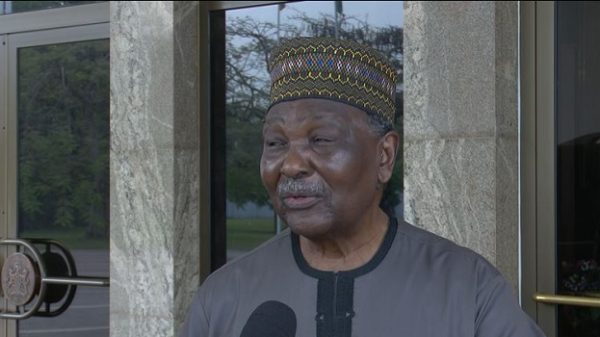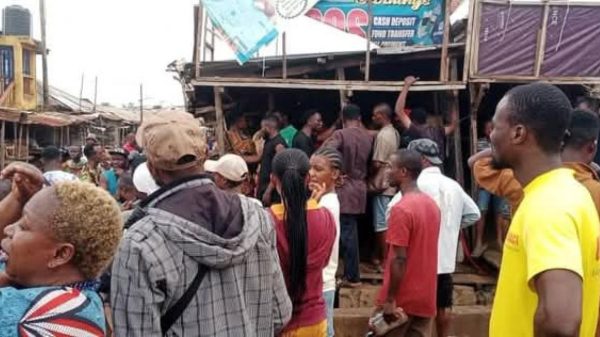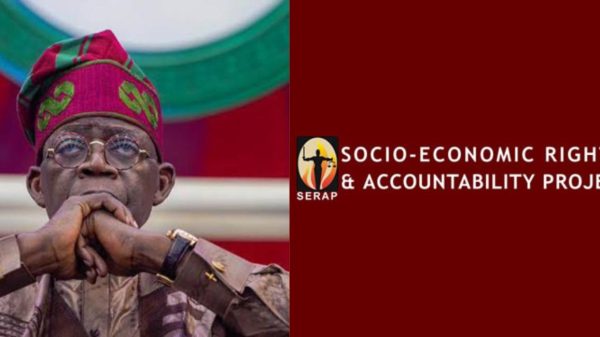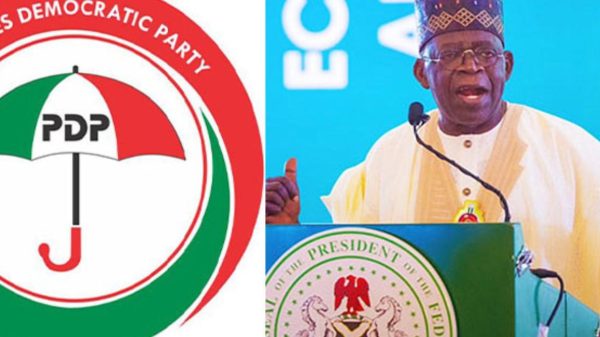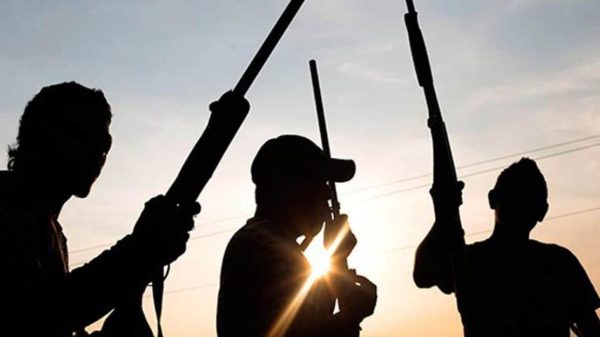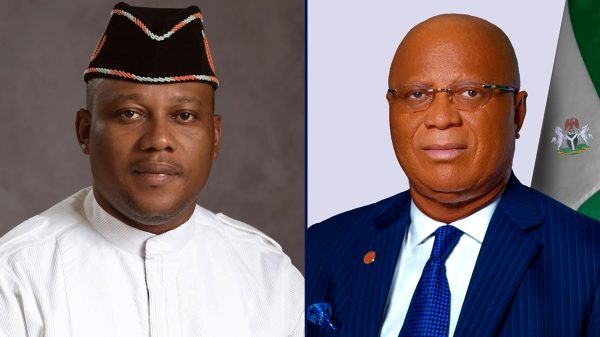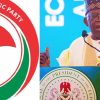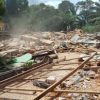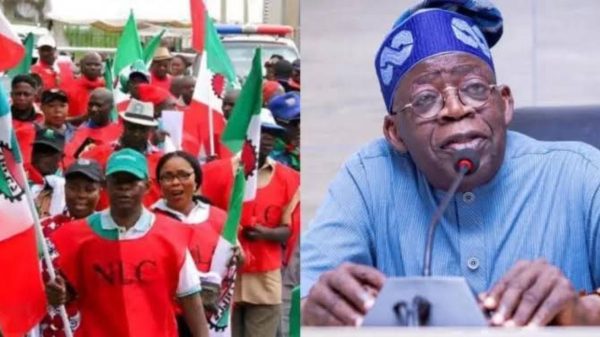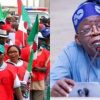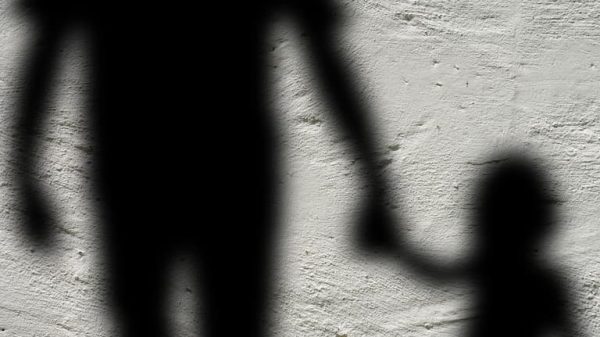Funso Doherty, a former Lagos State governorship candidate, has accused President Bola Tinubu of violating procurement laws in awarding the N15 trillion Lagos-Calabar coastal highway project to HiTech Construction without competitive bidding. Doherty claims the move breached the Public Procurement Act 2007 and the Environmental Impact Assessment Act.
The Lagos-Calabar coastal highway is a 700-kilometre project designed to connect Lagos to Cross River, passing through Ogun, Ondo, Delta, Bayelsa, Rivers, and Akwa Ibom states. Despite its potential to enhance transportation and tourism, the project has sparked concerns over its economic viability and the N4 billion cost per kilometre.
HiTech Construction, the contractor for the project, is part of the Chagoury Group, owned by Nigerian-Lebanese businessman Gilbert Chagoury, a known ally of President Tinubu. Critics have questioned how HiTech qualified for such a significant project, given the lack of competitive bidding.
Doherty has taken legal action, filing a case with the Federal High Court in Lagos against the federal government, the Bureau of Public Procurement, and HiTech Construction. Speaking during a live broadcast on News Central TV, he emphasized the importance of accountability.
*“This is about the process, not the project itself,”* Doherty said. *“A multi-trillion-naira project cannot be awarded to a single contractor without competitive bidding. This is against the Public Procurement Act, which exists to ensure transparency and fairness in such transactions.”*
He highlighted the financial strain of the project on the nation’s already troubled economy. *“The 100km being built in Lagos alone costs over N2 trillion—more than Lagos State’s entire 2024 budget,”* Doherty added. *“Nigeria is essentially broke, and such expenditures must follow due process.”*
While some argue that the highway will create jobs and stimulate economic growth, others believe the funds could be better allocated to urgent issues like security and food scarcity.
The federal government has yet to respond to Doherty’s allegations or the legal challenge. However, public outcry continues to grow over the lack of transparency in the project’s execution.
This controversy adds to the broader debate about the government’s fiscal priorities, particularly in light of Nigeria’s mounting debt and economic challenges.



